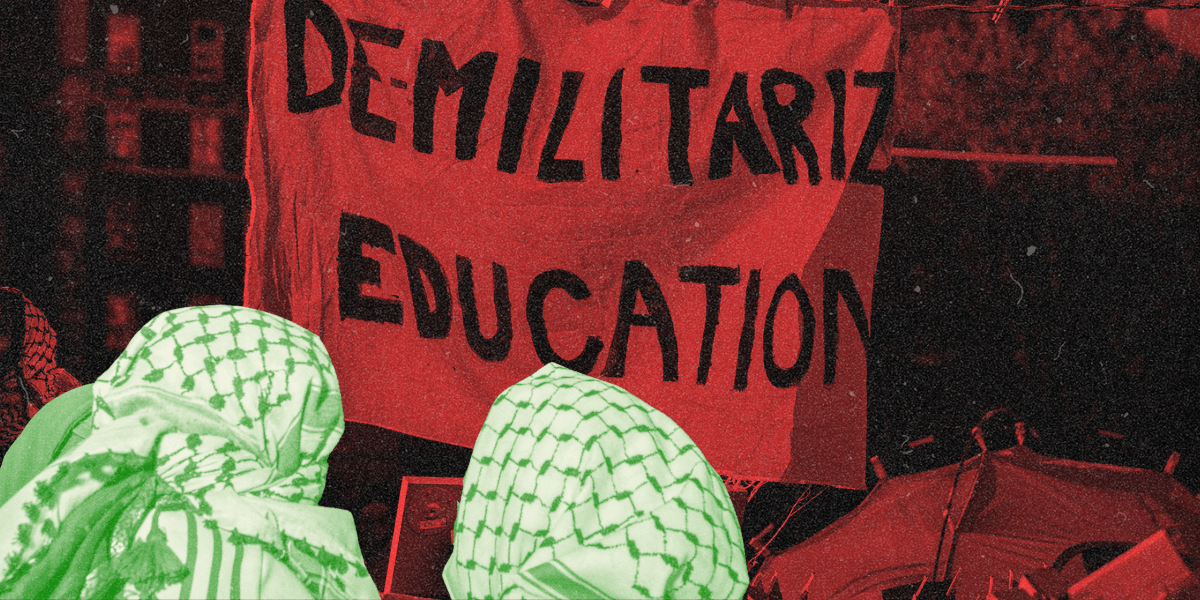
Yesterday, when the Autostraddle editors got together to discuss what kind of coverage we would be able to do to be of service to our community in this time of hurt, of protest, of bravery, as it relates to the ongoing student protests and encampments against the genocide in Gaza and in support to a free Palestine, we decided on a few things.
First, we knew that we wanted to center the voices of students and honor the student journalists who have been covering the police brutality that met far too many of these activists across college campuses in this country. We wanted to pay students for their work as young professionals and not just treat them as free sources (we have some of that in the works). We wanted more thoughtful pieces, like the kinds of pieces about Palestine that we have already been publishing, because we didn’t want to move the narrative away from where all of our eyes need to ultimately be trained (we have more of that coming as well). But in the meantime, we also wanted to do something actionable, at a time in which so many of us feel full of dread about how to best help verses make anything worse, and what comes next. We decided to create a list of all the encampments that we could find, along with their associated social media accounts, supply request lists, mutual aids, and bail funds.
I took on the task of collecting lists of schools with protests and encampments, so that we could begin our research. At first, I found roughly 30. Then 40. Then 63. And by last night, roughly eight hours from when I started, I found a list of over 120 encampments going on across college campuses in the United States. It’s heart bursting. It’s also too many to research every supply request or bail fund and have this published in a time that would be useful. It’s many to even list out, and they are changing every day (some of these needs are changing hourly!). And so, this is where I am coming to you.
According to AP News, more than 2,000 people have been arrested during pro-Palestinian protests at college campuses across the United States. So many of us have watched as police have rolled into campus with military grade riot gear, called by administrators onto their own students — students whose tuition pays their salaries. The past 10 days, the past seven months, have been a brutal reminder that the United States is a project of brute force and empire making, it would rather turn on its own citizens, on its own kids, then say as much as “Ceasefire Now.”
I’ll admit that I am new to this, writing about the necessity of a free Palestine. Not because it’s new in my heart, but because I worry about saying the wrong things. But we’re so far past that now. Here is a list of over 60 protests and encampments to start, cross-referenced across as many sources as I could. And then, here is a list over over 120 more.
What follows below is a living document, it is purposefully incomplete because the work is not done.Here is your task:
- Look for a protest or encampment that is near you
- Give to their supply list if you are able, give to their bail fund if you are able
- Come back here and share links as you find them, so that we can keep track of where to help.
Wash. Rinse. Repeat.And please, feel free to share your own resources in the comments. I will update this list accordingly.
Arizona
Arizona State University — Tempe, AZ
instagram
University of Arizona — Tuscon, AZ
instagram
California
California State Polytechnic University Humboldt — Arcata, CA
Humboldt for Palestine Instagram
Bay Area SJP Instagram
Occidental College – Los Angeles, CA
instagram
Pomona College — Claremont, CA
instagram
Stanford University — Stanford, CA
instagram
University of California at Berkeley — Berkley, CA
BFP Instagram
Berkeley Law for Palestine instagram
University of California, Los Angeles (UCLA) — Los Angeles, CA
Supply Requests
Twitter
Instagram
University of Southern California (USC) — Los Angeles, CA
instagram
Colorado
Auraria Campus — Denver, CO
instagram
Community College of Denver – Denver, CO
Connecticut
University of Connecticut — Storrs, CT
instagram
Yale University — New Haven, CT
instagram
Wesleyan University — Middletown, CT
instagram
Florida
Florida International University — Miami, FL
instagram
Florida State University — Tallahassee, FL
University of Florida — Gainesville, FL
instagram
University of South Florida — Hillsborough County, FL
instagram
Georgia
Emory University — Atlanta GA
instagram
University of Georgia — Athens, GA
facebook
Illinois
Northwestern University — Evanston, IL
Instagram
GoFundMe
People’s Resolution
Hot Food Donations Form
University of Illinois Urbana-Champaign — Champaign, IL
Instagram
Indiana
Indiana University – Indianapolis, IN
instagram
Purdue University — West Lafayette, IN & Indianapolis, IN
instagram
Kansas
University of Kansas — Lawrence, KS
instagram
Louisiana
Tulane University — New Orleans, LA
instagram
Maryland
University of Maryland — College Park, MD
instagram
Massachusetts
Emerson College — Boston, MA
Instagram
Harvard University — Cambridge, MA
Instagram
Northeastern University — Boston, MA
instagram
The Massachusetts Institute of Technology (MIT) — Cambridge, MA
instagram
Tufts University — Medford, MA
instagram
Williams College — Williamstown, MA
instagram
Michigan
University of Michigan — Ann Arbor, MI
Instagram
Give Butter
Minnesota
University of Minnesota — Minneapolis, MN
instagram
Missouri
Washington University St. Louis — St. Louis, MO
instagram
Nevada
University of Nevada — Las Vegas, NV
New Jersey
Princeton University — Princeton, NJ
instagram
New Mexico
University of New Mexico — Albuquerque, NM
instagram
New York
City University of New York — New York, NY
instagram
Columbia University — New York, NY
instagram
Cornell University — Tompkins County, NY
instagram
Fashion Institute of Technology — New York, NY
instagram
New School — New York, NY
Instagram
New York University (NYU) — New York, NY
SJP instagram
PSU Instagram
Supplies Call
Ceasefire Petition
University of Rochester — Rochester, NY
instagram
North Carolina
North Carolina State University – Raleigh, NC
instagram
petition
University of North Carolina at Chapel Hill (UNC) — Chapel Hill, NC
instagram
Ohio
Case Western Reserve University — Cleveland, OH
instagram
Miami University Ohio — Oxford, OH
instagram
Oberlin College — Oberlin, OH
instagram
Ohio State University — Columbus, OH
instagram
Oregon
Portland State University — Portland, OR
instagram
Pennsylvania
Bryn Mawr – Bryn Mawr, PA
instagram
Swarthmore College — Swarthmore, PA
instagram
Temple University — Philadelphia, PA
instagram
University of Pennsylvania (Penn) — Philadelphia, PA
Penn Against the Occupation Instagram (currently deactivated)
Penn’s Faculty For Justice in Palestine Instagram
University of Pittsburgh — Pittsburg, PA
instagram
Rhode Island
Brown University — Providence, RI
instagram
Tennessee
Vanderbilt University — Nashville, TN
instagram
Texas
Rice University — Houston, TX
instagram
Texas A&M — College Station, TX
instagram
University of Texas at Austin — Austin, TX
instagram
University of Texas at Dallas — Richardson, TX
instagram
University of Texas at San Antonio — San Antonio, TX
instagram
Utah
University of Utah – Salt lake City, UT
Vermont
Middlebury College — Middlebury, VT
instagram
Virginia
University of Mary Washington — Fredericksburg, VA
instagram
Virginia Commonwealth University — Richmond VA
instagram
Virginia Tech — Blacksburg, VA
instagram
Washington
University of Puget Sound — Tacoma, WA
Washington DC
American University — DC
instragram
Howard University – DC
instagram
Wisconsin
University of Wisconsin, Madison — Madison, WI
instagram



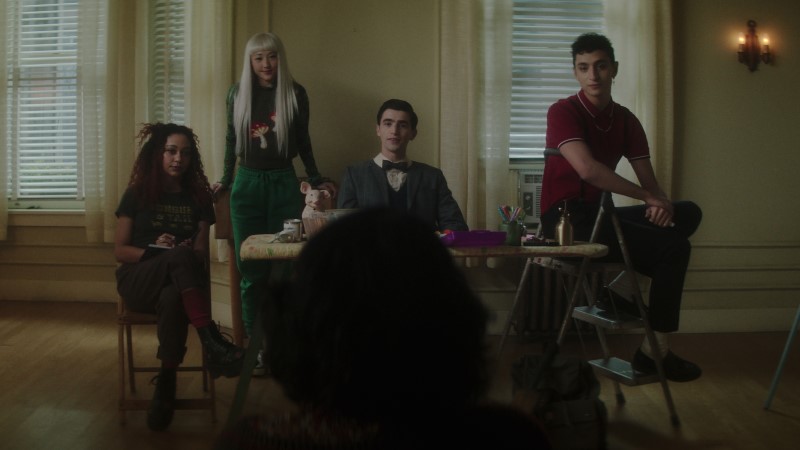
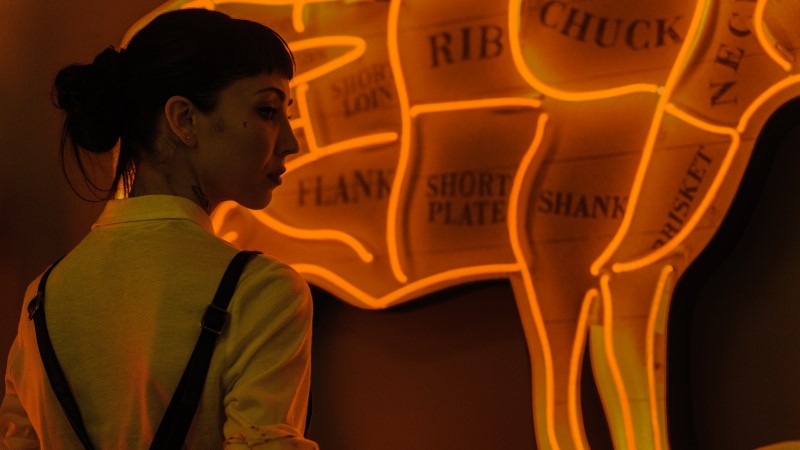

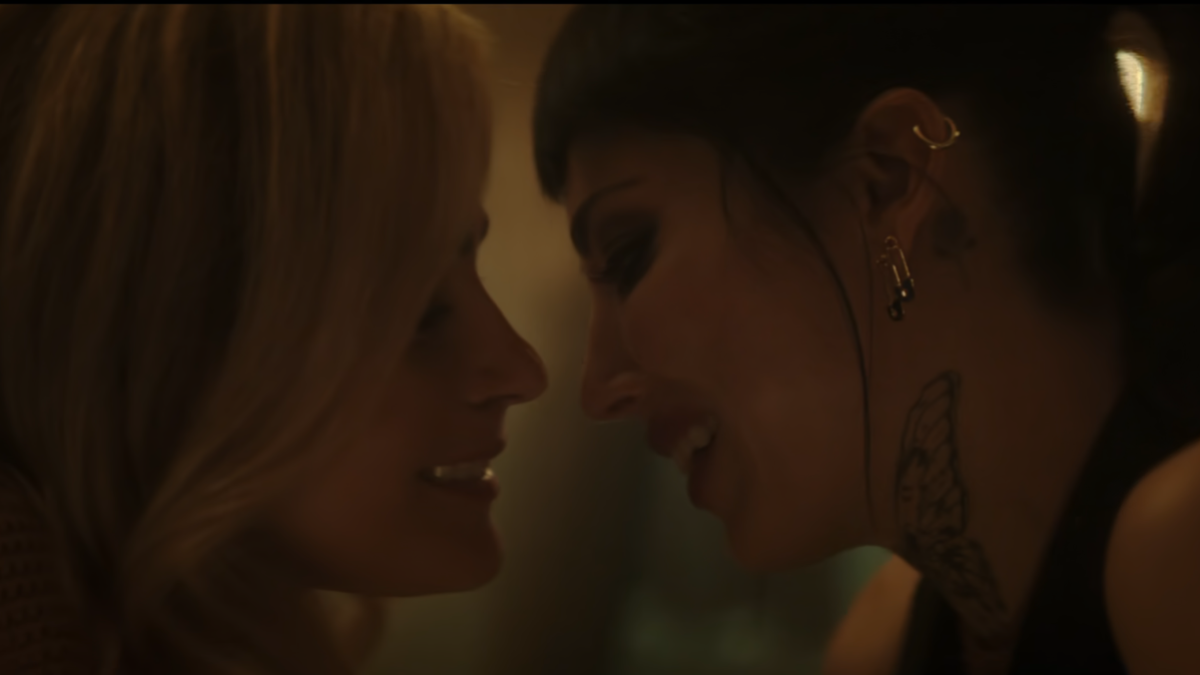
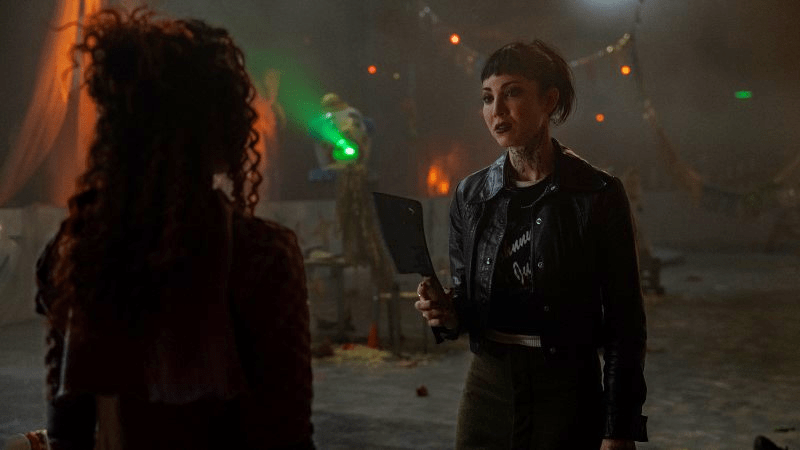
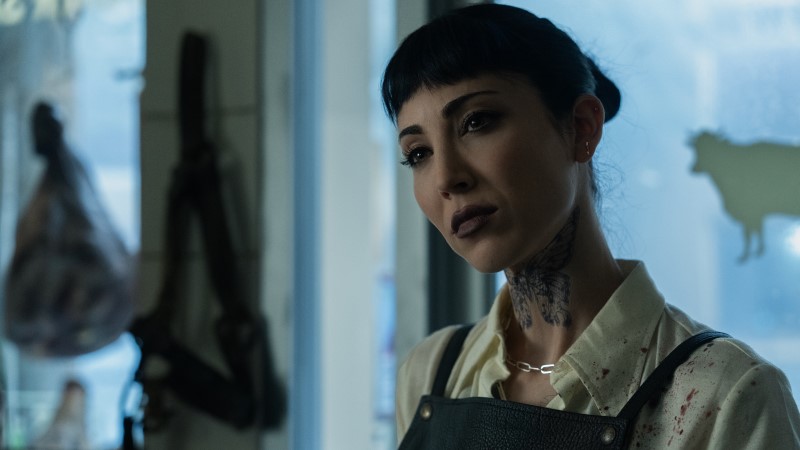
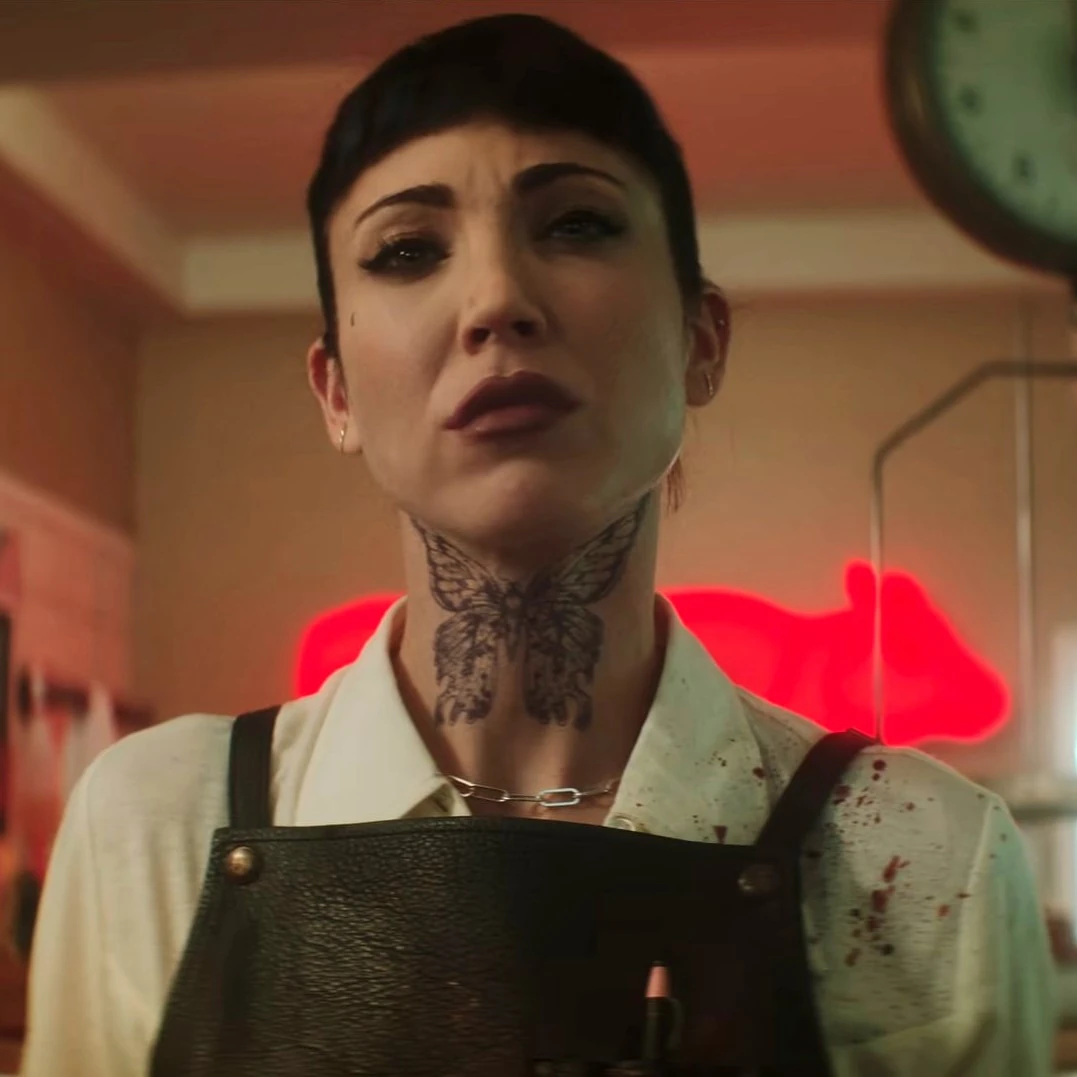
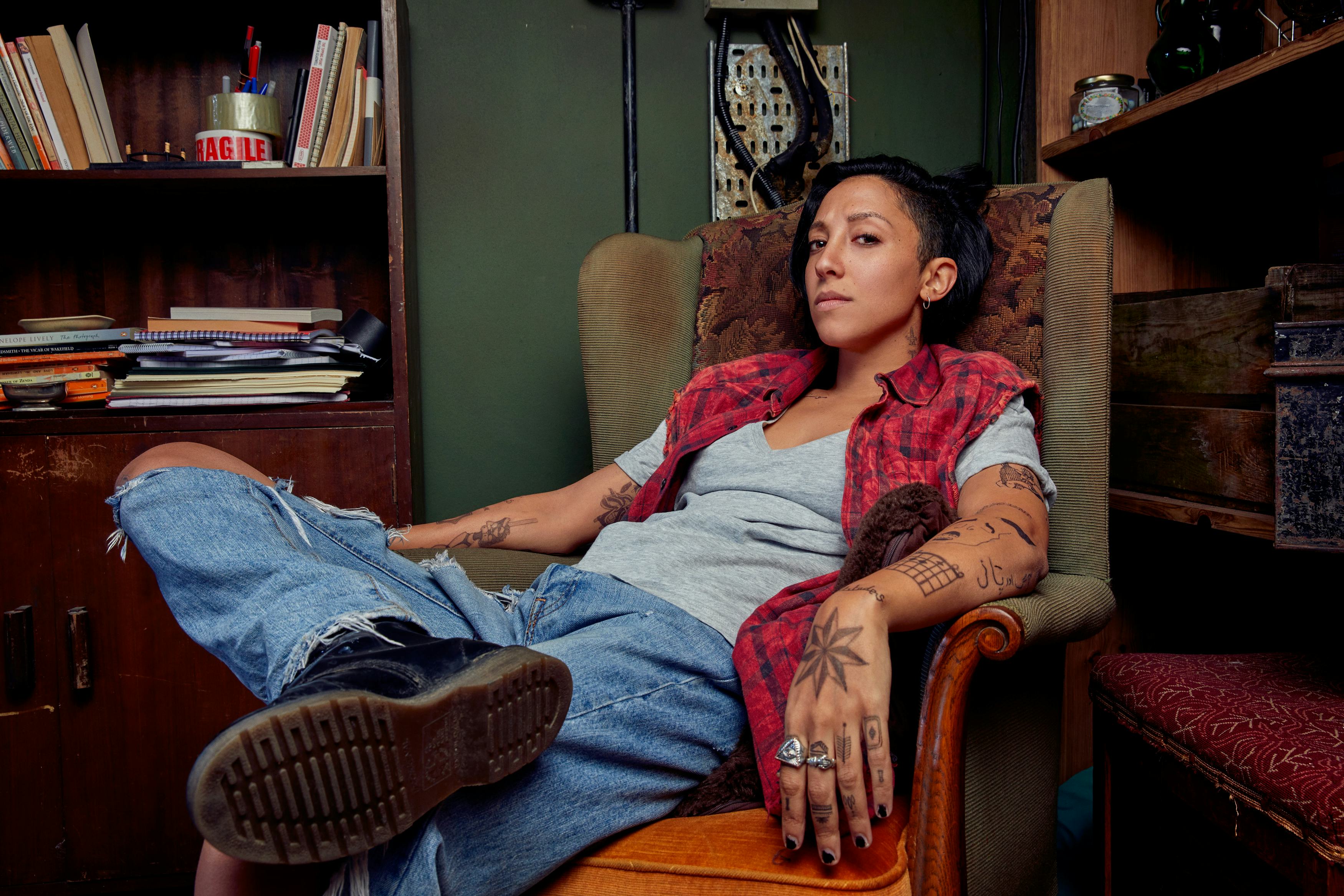




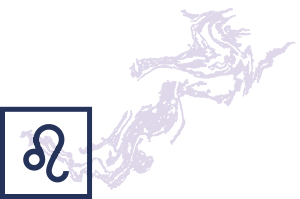







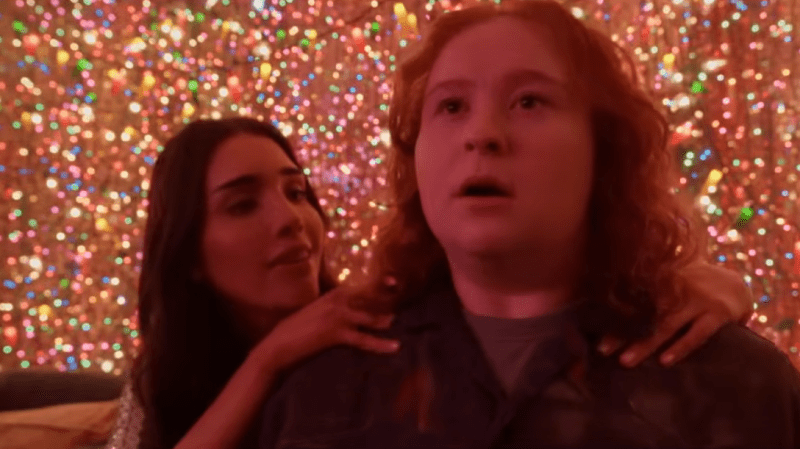
Thank you for this coverage ❤️🔥
Thank you, Carmen and Autostraddle, for highlighting this side of the situation while also committing to keeping the focus on Gaza itself.
As an academic it’s been unsettling how many colleagues (faculty, administrators) are dismissive of the earnest demands being made by protesters.
These are both much small encampments and schools but there are active encampments at Middlebury in Vermont and at Williams College in Massachusetts.
Thank you! I’ll get Middlebury and Williams added.
And I know that I’m a former academic, but my heart has been so heavy this week with yall. Thank you for what you’re doing.